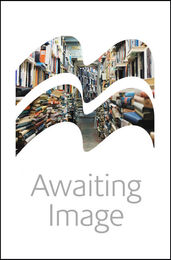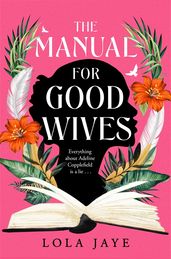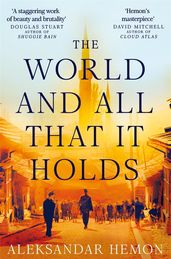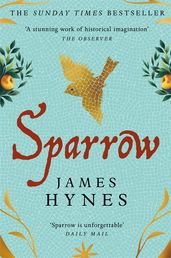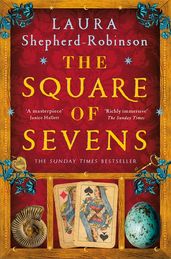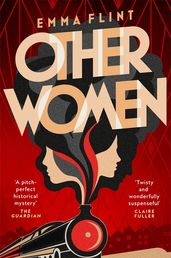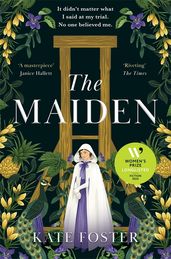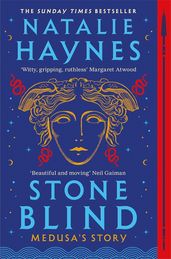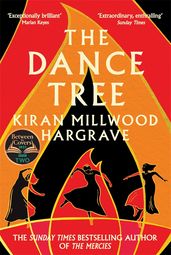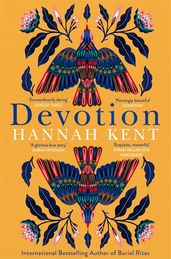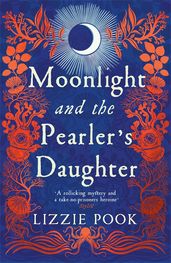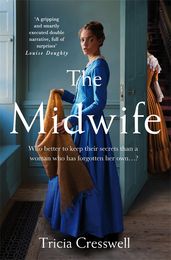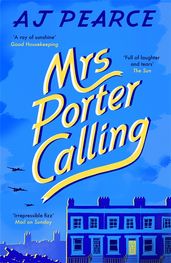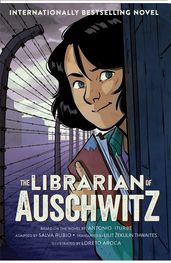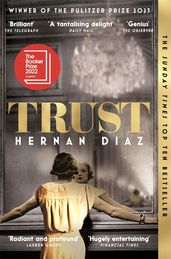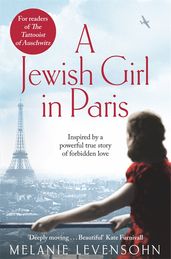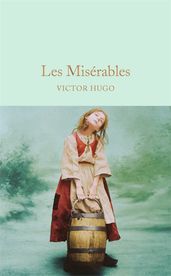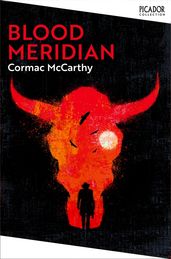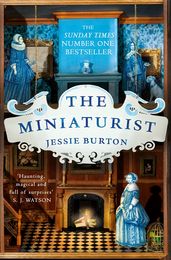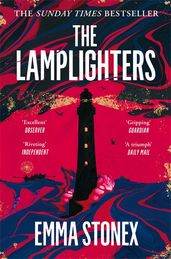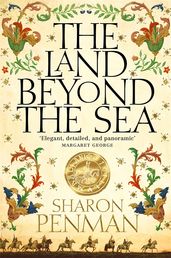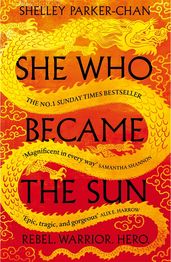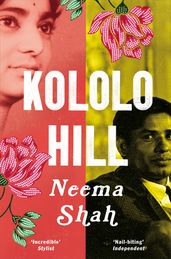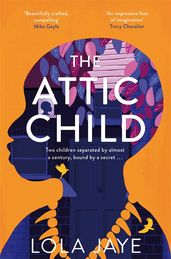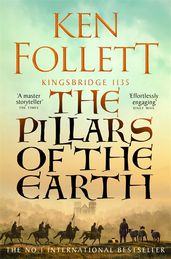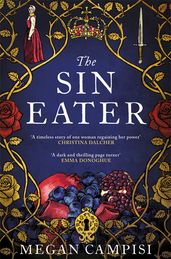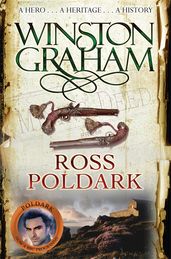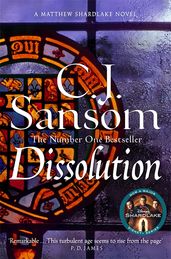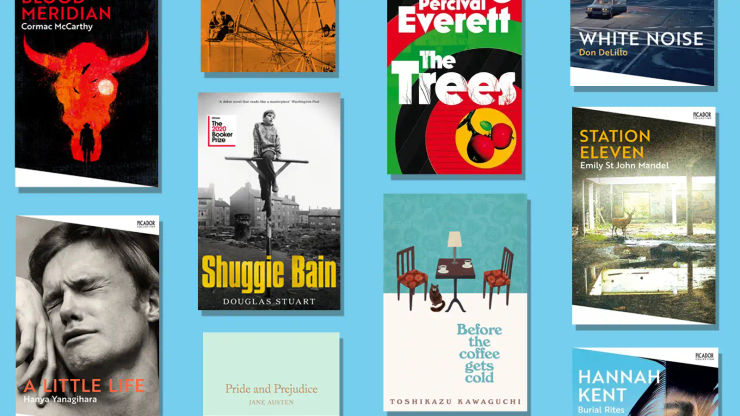The 50 best historical fiction books of all time
Historical fiction allows us to immerse ourselves in eras long past. Here are our top picks for when you want to lose yourself with a cast of characters in another time and place.
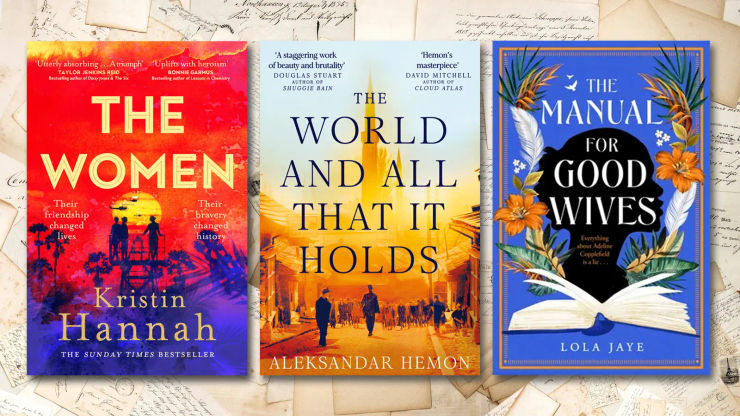
The best historical novels are meticulously researched and wonderfully evocative of times gone by. Whether you’re looking for the sweeping historical romance of Winston Graham’s historical fiction series Poldark, or feminist retellings of ancient Greek myth like Natalie Haynes’ Stone Blind, there’s a historical fiction novel for everyone. Here, ancient history expert and historical fiction fan Dr Jean Menzies shares some of the very best historical novels of all time.
There’s a reason we’re drawn to the past. History is inescapable. Decisions are made on the back of past events, and lives are affected by the stories of those that came before us. Historical fiction books resonate with modern readers because they give us the chance to immerse ourselves in another time. Each of the historical fiction novels on this list tells the stories of different characters, from the plains of Ancient Greece, the dark middle ages, or the battlefields of WWI and WWII.
The best historical fiction of 2025
Rooms for Vanishing
by Stuart Nadler
In this sweeping novel, the events of World War Two shatter the Alterman family, scattering them across multiple continents and fractured possibilities. Stuart Nadler creates a prismatic narrative: each family member lives an isolated future, yet all remain bound by a shared, traumatic past. The story moves with a restless intelligence between Vienna, Montreal, and New York, exploring how grief reshapes reality and how the ghosts of what might have been haunt the lives we lead. This is a profound and moving study of loss, memory, and the human capacity for hope.
The Paris Express
by Emma Donoghue
Autumn, 1895. An anarchist boards the ill-fated Granville to Paris express train, determined to make her mark on history. Aboard the train are others from across the globe: the railway crew who have built a life together away from their wives, a little boy travelling alone for the first time, an artist far from home, a wealthy statesman and his invalid wife, and a young woman with a secret. This is a historical thriller you won't be able to put down.
No Friend to this House
by Natalie Haynes
In her latest novel, Natalie Haynes turns to one of the most compelling and tragic figures of Greek myth: Medea. Beyond the well-sung details of Jason's quest with the Argonauts, a different story unfolds. Medea, a powerful priestess and witch, holds the key to Jason's survival, but saving his life means betraying her family and home. As her love for Jason grows, it becomes steeped in vengeance, a force that will endanger everyone they hold dear. In this breathtaking retelling, Haynes opens a forgotten chapter of myth, offering a powerful, fresh perspective on a classic tragedy.
Rules of the Heart
by Janice Hadlow
Set in an era where propriety is everything, Janice Hadlow's Rules of the Heart is a masterful and evocative portrait of eighteenth-century English society. Inspired by a real-life love affair, the novel follows Lady Henrietta Bessborough, a woman who believes she understands the rules of the game until she falls for Lord Granville, a man twelve years her junior. As their passion intensifies, Henrietta finds herself caught between what society expects and her deepest desires, a conflict that threatens to unravel her life and lead to her social ruin. Hadlow captures the nuances of a time when every step was governed by appearances, making this a powerful and absorbing read.
Mere
by Danielle Giles
Hidden deep in the Norfolk Fens, a remote convent stands isolated from the world where Abbess Sigeburg rules with an iron will. That is until a young servant boy is lost to the treacherous mere, unleashing fear and doubt among the sisters. Infirmarian Hilda senses dark secrets lurking beneath their holy devotion – secrets that new arrival Sister Wulfrun seems determined to expose. But is Wulfrun a saint or a serpent? As suspicion and desire entangle the sisters, Mere weaves a gripping tale of survival, power, and forbidden love in a world where faith and fear collide.
Days of Light
by Megan Hunter
From the author of The End We Start From comes Days of Light, a sweeping historical novel set against the backdrop of a changing twentieth-century England. On Easter Sunday, 1938, nineteen-year-old Ivy anticipates the start of her adult life as her bohemian family gathers in the idyllic English countryside. The arrival of Frances – her brother Joseph's new beau – sets the stage for a memorable afternoon. But the day ultimately ends in tragedy, altering Ivy's path forever. Spanning six pivotal days across six decades, the story follows Ivy through World War II and beyond, capturing the transformative moments that define a life.
The Manual for Good Wives
by Lola Jaye
The author of The Attic Child is back, with a powerful dual narrative historical novel. To the world Mrs Copplefield is the epitome of Victorian propriety: an exemplary society lady who writes a weekly column advising young ladies on how to be better wives. Only Adeline has never been a good wife or mother; she has no claim to the Copplefield name, nor is she an English lady. Now a black woman, born in Africa, who dared to pretend to be something she was not, is on trial in the English courts with all of London society baying for her blood. And she is ready to tell her story.
Long Island
by Colm Tóibín
What actually happened when Eilis returned to New York? Long Island is the long-awaited sequel to Colm Tóibín's prize-winning, bestselling novel Brooklyn. Eilis and Tony have built a secure, happy life; twenty years married and with two children looking towards a good future. But then a man with an Irish accent knocks on their door, and everything changes. Did Eilis make the wrong choice marrying Tony all those years ago? Is it too late now to take a different path?
The Women
by Kristin Hannah
Frankie McGrath, a nursing student in 1965 California, has her world transformed when she's told "women can be heroes, too." Joining the Army Nurses Corps to follow her brother to Vietnam, Frankie faces the harsh realities of war and its aftermath. Amidst chaos and heartbreak, she finds strength in female friendship and learns the value of sacrifice and commitment. This emotionally charged novel illuminates the often-forgotten stories of women who bravely served their country. With a memorable heroine, searing insights, and lyrical beauty, The Women is a poignant tale of courage guaranteed to move any book club.
James
by Percival Everett
In Percival Everett's latest novel, he lays out a precise and painful depiction of the Antebellum South. The novel is told from the perspective of James (formerly ‘Jim’), the affable companion of Huckleberry Finn in Mark Twain’s eponymous novel. Crucially in Everett’s re-telling, James is resurrected from the graveyard of racist archetypes (in this case, the docile, obedient, noble slave who values his master’s life over his own), and is given multiple dimensions and a character arc of his own: when James embarks on a quest to secure his wife and daughter’s freedom, Huck tags along for the ride.
The King's Witches
by Kate Foster
Set against the dark backdrop of sixteenth-century Scotland, The King's Witches sheds light on the untold stories of women ensnared by fear and power. As Princess Anna of Denmark arrives to marry King James VI, she faces a year-long trial to prove her worth as queen. With her lady-in-waiting Kirsten by her side, Anna is determined to fulfil her royal duties – until she encounters the enigmatic Lord Henry. At the same time, Jura, a young housemaid seeking refuge in Edinburgh, finds herself swept into the hysteria of the witch trials that have gripped the nation. Based on true events, this novel gives voice to the women whose lives were impacted by the Scottish witch trials.
The Map of Bones
by Kate Mosse
The final book of Kate Mosse's Joubert Family Chronicles takes us to southern Africa in the seventeenth and nineteenth centuries. In 1688, Suzanne Joubert arrives in search of her cousin, pirate commander Louise Reydon-Joubert, who landed there sixty years early and disappeared. In 1862, Isabelle Lepard also journeys to the Cape in search of long-lost relations – and time is running out for her to discover the truth and escape with her life. . .
The Burial Plot
by Elizabeth Macneal
Alone in London, when Bonnie meets charismatic Crawford she falls head-over-heels for him and is soon helping him grift his way through the city. But, when Crawford shares his latest plot, that Bonnie will take on a job as the maid to the eccentric Moncrieff family, she starts to wonder if her lover isn’t the knight in shining armour she’d thought him to be. Set in the heart of Victorian London’s seedy underbelly, The Burial Plot is the chilling new historical thriller from Elizabeth Macneal, bestselling author of The Doll Factory.
The best historical fiction of 2024
Maude Horton's Glorious Revenge
by Lizzie Pook
In the shadowy streets of 1850s London, Maude Horton is determined to uncover the truth behind her sister Constance’s mysterious disappearance. When Constance boarded a ship to the Arctic disguised as a boy, she vanished without a trace – supposedly the victim of a tragic accident. But Maude isn’t convinced. After discovering Constance’s journal, she plunges into a world of powerful men, sinister plots, and London’s darkest corners, from Newgate’s gallows to Madame Tussaud’s waxworks. Armed with dangerous skills of her own, Maude is ready to seek justice – and revenge – in this thrilling tale of sisterhood and survival.
The World and All That It Holds
by Aleksandar Hemon
Rafael Pinto's life hasn't quite turned out as he expected. But he is, on the whole, happy. He spends his time crushing herbs at a pharmacy, a far cry from his poetry-filled student days in libertine Vienna. And then the world explodes. In the trenches in Galicia, fantasies fall flat. War devours all that they have known, and the only thing Pinto has to live for is the attentions of fellow soldier, Osman. Together, Pinto and Osman will escape the trenches and find themselves entangled with spies and Bolsheviks. As they travel all the way to Shanghai, it is Pinto’s love for Osman that will truly survive.
Sparrow
by James Hynes
Set against the backdrop of a crumbling Roman Empire, Sparrow is an evocative historical epic about one boy’s search for freedom. Raised in a brothel, Sparrow’s world is defined by violence and survival, with his only comfort coming from the women who work there. His days are spent in the tavern’s kitchen and the herb-filled garden, while the dangerous upstairs looms with those who control his fate. As the empire begins to collapse, murder and destruction threaten to tear apart the only family he’s ever known. Rich in historical detail, Sparrow is a stirring tale of resilience, identity, and the human spirit’s desire to soar in the face of adversity.
Homecoming
by Kate Morton
A gripping mystery set between Australia and London, Homecoming, is the much-anticipated new novel by Kate Morton. When 89-year-old Nora's health takes an unexpected turn for the worse, Jess boards the first plane out of London, her home of twenty years, to be by her grandmother's bedside in Sydney. Soon, she discovers that the usually stoic Nora has been hiding a family secret and vows to get to the heart of the mystery of what happened on a fateful Christmas Eve sixty years before.
The Square of Sevens
by Laura Shepherd-Robinson
Set in Georgian high-society, The Square of Sevens is a historical fiction novel packed with fortune-telling, travels and mystery. A girl known only as Red, the daughter of a Cornish fortune-teller, travels with her father making a living predicting fortunes using the ancient method: the Square of Sevens. When her father suddenly dies, Red becomes the ward of a gentleman scholar. But soon, she can't ignore the burning questions about her family. The pursuit of these mysteries takes her across the country in an epic tale of intrigue, heartbreak and audacious twists.
Other Women
by Emma Flint
Emma Flint’s evocative historical novels transport you to another time and place. In her new book, Other Women, the destination is London, devastated by the impact of the Great War. For unmarried Beatrice Cade, the war has robbed her of the chance to find true love and have a family, just like it has for millions of others. One day a chance encounter changes her life, and she falls head over heels in love with someone she should never have met. An enthralling tale of obsession, murder and lives intertwined by forbidden love, Other Women is a novel that you won’t be able to put down.
A Divine Fury
by D. V. Bishop
Cesare Aldo is back in A Divine Fury, the fourth novel in D. V. Bishop’s award-winning historical crime series set in Renaissance Italy. A killer is haunting Florence, and only one man can stop him. Back on patrol after being exiled, Aldo is forced to pay his dues on the night watch, guarding the streets inhabited by the city’s drunk and down-and-out. But, when in pursuit of a suspect he discovers a crime scene with a man mutilated to resemble a crucifixion, he knows he’s stumbled upon his biggest case yet. And, as more victims are found all over the city, Aldo realises that he’s chasing a serial killer the likes of which Florence has never seen.
The best historical fiction of all time
The Maiden
by Kate Foster
A thrilling historical murder tale and so much more besides, The Maiden is inspired by a real-life case from seventeenth-century Edinburgh. Lady Christina is newly married, wealthy and respected. A year later she is on trial for the murder of her lover, James Forrester, her story splashed across newspapers: Adulteress. Whore. Murderess. Why did she risk everything for an affair? And did it really end in murder? She certainly wasn't the only woman who might have wanted Forrester dead. . .
Stone Blind
by Natalie Haynes
This retelling of the famed myth of Medusa asks who the real monsters are, after all. The sole mortal raised in a family of gods, Medusa is alone in her ability to experience change and to be hurt. Then, when the sea god Poseidon commits an unforgivable act in the temple of Athene, the goddess takes her revenge where she can – and she is changed forever. Writhing snakes replace her hair, and her gaze now turns any living creature to stone. Unable to control her new power, she is condemned to a life of shadows and darkness. Until Perseus embarks upon a quest . . .
The Dance Tree
by Kiran Millwood Hargrave
It's 1518 in Strasbourg, and in the intense summer heat a solitary woman starts to dance in the main square. She dances for days without rest, and is joined by hundreds of other women. The city authorities declare a state of emergency, and bring in musicians to play the devil out of the dancing women. Meanwhile pregnant Lisbet, who lives at the edge of the city, is tending to the family's bees. The dancing plague intensifies, as Lisbet is drawn into a net of secret passions and deceptions. Inspired by true events, this is a compelling story of superstition, transformative change and women pushed to their limits.
Devotion
by Hannah Kent
It's 1836 in Prussia, and teenage Hanne is finding the domestic world of womanhood increasingly oppressive. She longs to be out in nature, and finds little companionship with the local girls. Until, that is, she meets kindred spirit Thea. Hanne is from a family of Old Lutherans, whose worship is suppressed and secret. Safe passage to Australia offers liberty from these restrictions. But a long and harsh journey lies ahead, one which will put the girls' close bond to a terrible test.
Moonlight and the Pearler's Daughter
by Lizzie Pook
It's 1886, and the Brightwell family has just arrived at Bannin Bay in Western Australia after a long sea voyage from England. Ten-year-old Eliza has been promised bright pearls, shells like soup plates and good fortunes in a new land. Ten years later, and Eliza's father Charles Brightwell is the most successful pearler on the bay. When he goes missing from his boat at sea, rumours of mutiny and murder swirl across the bay. But Eliza refuses to believe that her father is dead and, in a town mired in corruption, she sets out to find the truth.
The Midwife
by Tricia Cresswell
1838. A violent storm has hit the Northumberland coast, and a woman is found alone, naked and on the verge of death. She has no memory of how she got there, but she can speak fluent French, dress a wound and help women give birth. She starts to rebuild her life, helping those around her and finding a fragile happiness. Until tragedy strikes and she must go into hiding. Meanwhile in London, respectable Dr Borthwick assists mothers and babies in high society, and in the slums of Devil's Acre. The solitary doctor has a secret though, one which threatens to engulf him.
Anam
by André Dao
Anam takes us on a poignant journey from 1930s Hanoi to Saigon, Paris, Melbourne, and Cambridge, exploring memory, inheritance, colonialism, and belonging. The narrator, born into a Vietnamese family in Melbourne, grapples with his grandfather's haunting tale of imprisonment in Chi Hoa prison under the Communist government. Straddling his Australian upbringing and Vietnamese heritage, he faces the impact of his grandfather's death and the birth of his daughter on his own life's trajectory. André Dao artfully weaves fiction and essay, theory and personal experience, revealing forgotten aspects of history and family archives.
Mrs Porter Calling
by AJ Pearce
The third in A J Pearce's charming and uplifting World War Two series find Emmy Lake enjoying huge success at Woman’s Friend magazine, where she is the much-loved agony aunt. But the arrival of a glamorous new owner puts this all at risk, as Mrs Porter's plans are slowly revealed and it becomes clear she will destroy everything readers love about the magazine.
The Librarian of Auschwitz: The Graphic Novel
by Antonio Iturbe
Based on the life of Dita Kraus, a holocaust survivor, The Librarian of Auschwitz tells the story of the smallest library in the world – and the most dangerous. Imprisoned by the Nazis at Auschwitz aged fourteen along with her mother and father, Dita is asked to take charge of the eight precious books the prisoners have managed to smuggle past the guards. But in the children's block of Auschwitz, where the slightest transgression can result in execution, Dita must risk her life to keep the books alive. Out of one of the darkest chapters in human history, this graphic novel tells an extraordinary story of courage and hope.
Trust
by Hernan Diaz
Everyone in 1920s New York knows of Benjamin and Helen Rask, the Wall Street tycoon and the daughter of bohemian aristocrats. They live in a sphere of untold wealth, but what is the true cost of their fortune? This mystery sits at the heart of Bonds, a bestselling 1938 novel that all of New York has read. But, like all stories, there are different perspectives, and Hernan Diaz puts these different narratives into conversation with each other, in a novel that tracks across a century and documents the truth-bending power of money, with provocative revelations at each turn.
A Jewish Girl in Paris
by Melanie Levensohn
Against the backdrop of Nazi-occupied Paris in 1940, Judith, a young Jewish girl, falls in love with the son of a wealthy banker and Nazi sympathiser. As restrictions on Jews tighten, the couple plans to escape, but Judith mysteriously disappears before they have the chance. 1982, Montreal: Lica Grunberg confesses to his daughter, Jacobina, that she has an older half-sister, Judith. Determined by the encouragement of her friend Béatrice, Jacobina takes on the mission to uncover the truth. Delving into the past, they unearth a concealed family secret spanning continents and decades, forever altering the course of their lives.
Dead Man's Walk
by Larry McMurtry
The first book in the famed Lonesome Dove series from Larry McMurtry, Dead Man's Walk takes us into the heart of the American West. Gus McCrae and Woodrow Call first encounter the untamed frontier that will form their characters. The two young men experience their first great adventure in the barren, empty landscape of the great plains, in which arbitrary violence is the only law – whether from nature, or from those whose territory they must cross in order to reach New Mexico. Danger, sacrifice and fear test Gus and Call to the limits of endurance, as they seek the strength and courage to survive against almost insurmountable odds.
Les Misérables
by Victor Hugo
A historical fiction classic, it took seventeen years for Hugo to write this epic novel set in impoverished 19th-century Paris. Made up of interrelated stories that follow his characters’ lives, Les Miserables explores how deprivation leads to crime, and ends with the Paris Uprising of 1832. Using big theatrical scenes, extremes of characters, and a fondness for ‘The Fallen Woman’, Hugo’s novel has a fairytale quality which delivers his message with a punch.
Blood Meridian
by Cormac McCarthy
Written in 1985, but set in the 1850s Blood Meridian explores the anarchic world opened up by America’s westward expansion. Through the hostile landscape of the Texas–Mexico border wanders the Kid, a fourteen year-old Tennessean who is quickly swept up in the relentless tide of blood. But the apparent chaos is not without its order: while Americans hunt Indians – collecting scalps as their bloody trophies – they too are stalked as prey. Powerful, mesmerizing and savagely beautiful, Blood Meridian is considered one of the most important works in American fiction of the last century.
The Miniaturist
by Jessie Burton
In 1686, eighteen-year-old Nella Oortman knocks at the door of a house in the wealthiest quarter of Amsterdam. She has come from the country to marry merchant trader Johannes Brandt, but instead she is met by his sharp-tongued sister, Marin. Only later does Johannes appear and present her with an extraordinary wedding gift: a cabinet-sized replica of their home. It is to be furnished by an elusive miniaturist, whose tiny creations mirror their real-life counterparts in unexpected ways. Does the miniaturist hold their fate in her hands? And will she be the key to their salvation or the architect of their downfall?
The Lamplighters
by Emma Stonex
Inspired by true events, Emma Stonex’s debut historical novel is a riveting mystery which will grip the reader, and a beautifully written exploration of love and grief. In Cornwall in 1972, three keepers vanish from a remote lighthouse, miles from shore. The door is locked from the inside, and the clocks have stopped. Twenty years later, the women they left behind are still struggling to move on. And then a writer approaches them. He wants to give the women a chance to tell their side of the story. What happened to those men, and to the women they left behind?
The Land Beyond the Sea
by Sharon Penman
Set in 1172 the Kingdom of Jerusalem is also known as Outremer – the land beyond the sea. When the men of the First Crusade captured Jerusalem from the Saracens in 1099, many crusaders stayed on and built a life in this new world of blazing heat, exotic customs and enemies who are also neighbours. But now Saladin, leader of the vast Saracen army, is seeking retribution for the massacre in 1099 In The Land Beyond the Sea, Penman expertly weaves a complicated tapestry to create a historical fiction saga of epic proportions.
She Who Became the Sun
by Shelley Parker-Chan
An absorbing historical fantasy, She Who Became the Sun reimagines the rise to power of the Ming Dynasty’s founding emperor. In 1345, China lies restless under harsh Mongol rule. And when a bandit raid wipes out their home, two children must somehow survive. The boy despairs and gives in. But the girl resolves to overcome her destiny. So she takes her dead brother’s identity and begins her journey. Can she escape what’s written in the stars, as rebellion sweeps the land? Or can she claim her brother’s greatness – and rise as high as she can dream?
Kololo Hill
by Neema Shah
Neema Shah’s debut is a heartbreaking historical fiction novel set in Uganda and Britain. Uganda, 1972. When a devastating decree is announced which says all Ugandan Asians must leave the country in ninety days, Asha and Pran and Pran’s mother Jaya must leave everything they’ve ever known for a new life in Britain. But as they try to rebuild their lives, a terrible secret hangs over them. Neema Shah’s extraordinarily moving novel explores what it means to leave your home behind, what it takes to start again, and the lengths some will go to protect their loved ones.
The Attic Child
by Lola Jaye
It's 1907, and twelve-year-old Celestine is locked in the attic of a house by the sea. He has been forcibly removed from his home in Africa and is treated as a servant. He dreams of home and family, even as his mother's face, and his real name, begin to fade. Decades later a young orphan girl is banished to the same attic. Under the floorboards she finds mysterious artefacts, and on a wall there is a sentence etched in a language she does not recognise. What she does recognise though, is that she is not the first child to be held captive in the attic. This dual-narrative tale of love, loss and family secrets shines a light on the early Black British experience.
The Pillars of the Earth
by Ken Follett
Welcome to medieval England, where a civil war ravages the country and a monk is on a mission. Ken’s The Pillars of the Earth follows Philip, a devoted monk, who joins forces with Tom, a talented builder, to undertake the most ambitious project either has ever set themselves to. In a world in turmoil, however, their journey will not be a smooth one. The first book in Ken Follett's Kingsbridge series, this historical saga is one to get lost in.
The Sin Eater
by Megan Campisi
Set in a thinly disguised 16th century England, Megan Campisi’s debut novel is a wonderfully woven tale of treason and treachery, women and power. When fourteen year old May is arrested for stealing a loaf of bread she is sentenced to become a Sin Eater, a devastating sentence that will see her shunned by society and exiled to the edge of town. For a Sin Eater hears the confessions of the dying and eats their sins as a funeral rite, and is believed to be stained by these sins. When May is called to hear the deathbed confessions of two of the Queen’s courtiers she hears whispers of a terrible rumour her invisibility allows her to investigate.
Ross Poldark
by Winston Graham
Historical fiction is often the basis for some of the most acclaimed and popular period dramas, and Winston Graham’s Poldark series is no exception. In the first book Ross Poldark, the eponymous hero, returns home to Cornwall, tired from a grim war in America. But the joyful homecoming he has anticipated turns sour, for his father is dead, his estate is derelict and the girl he loves is engaged to his cousin. Then, his sympathy for the destitute miners and farmers leads him to rescue an urchin girl – an act which alters the course of his life.
The Water Dancer
by Ta-Nehisi Coates
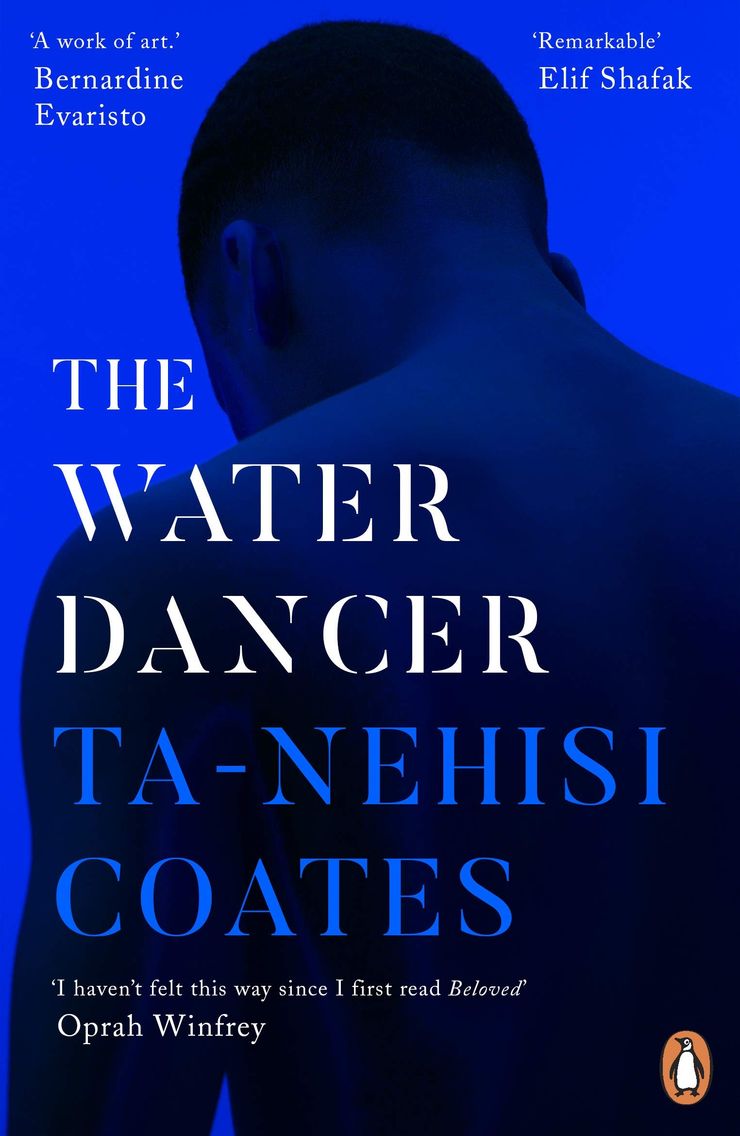
This is the historical novel that Oprah Winfrey called, ‘One of the best books I have ever read in my entire life.’ Hiram Walker was born into slavery on a Virginia plantation, but one fateful decision will take him away from his plantation family and into the heart of the underground war on slavery. For Hiram is a man with a secret, a mysterious power he was gifted at birth.
Dissolution
by C. J. Sansom
This is the first book to feature Matthew Shardlake, Sansom’s insightful Tudor lawyer. Set in 1537 as Henry VIII becomes Supreme Head of the Church and the bloody dissolution of the monasteries is beginning, Shardlake investigates the shocking murder of one of Thomas Cromwell’s commissioners. But Shardlake's investigation soon forces him to question everything he hears, and everything that he intrinsically believes. Dissolution is the first book in this bestselling phenomenon, where C. J. Sansom creates both a stunning portrait of Tudor England, and an unforgettable character in Matthew Shardlake.
The Underground Railroad
by Colson Whitehead
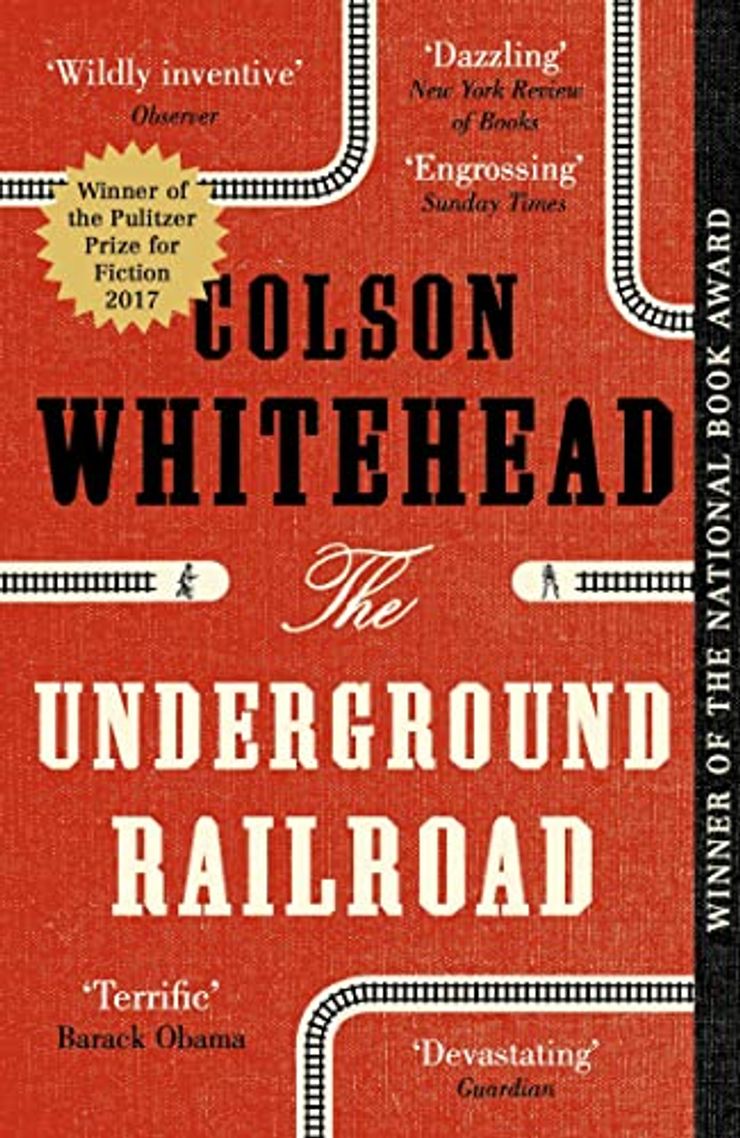
Winner of the 2017 Pulitzer Prize and also a major TV series, The Underground Railroad is Colson Whitehead's razor-sharp imagining of the antebellum South. Cora is a slave on a cotton plantation in Georgia. When Caesar, a slave recently arrived from Virginia, tells her about the Underground Railroad, they take the perilous decision to escape to the North. At each stop on her journey, Cora encounters a different world. Whitehead brilliantly recreates the unique terrors for black people in the pre-Civil War era, as his narrative seamlessly weaves the saga of America, from the brutal importation of Africans to the unfulfilled promises of the present day.
Atonement
by Ian McEwan
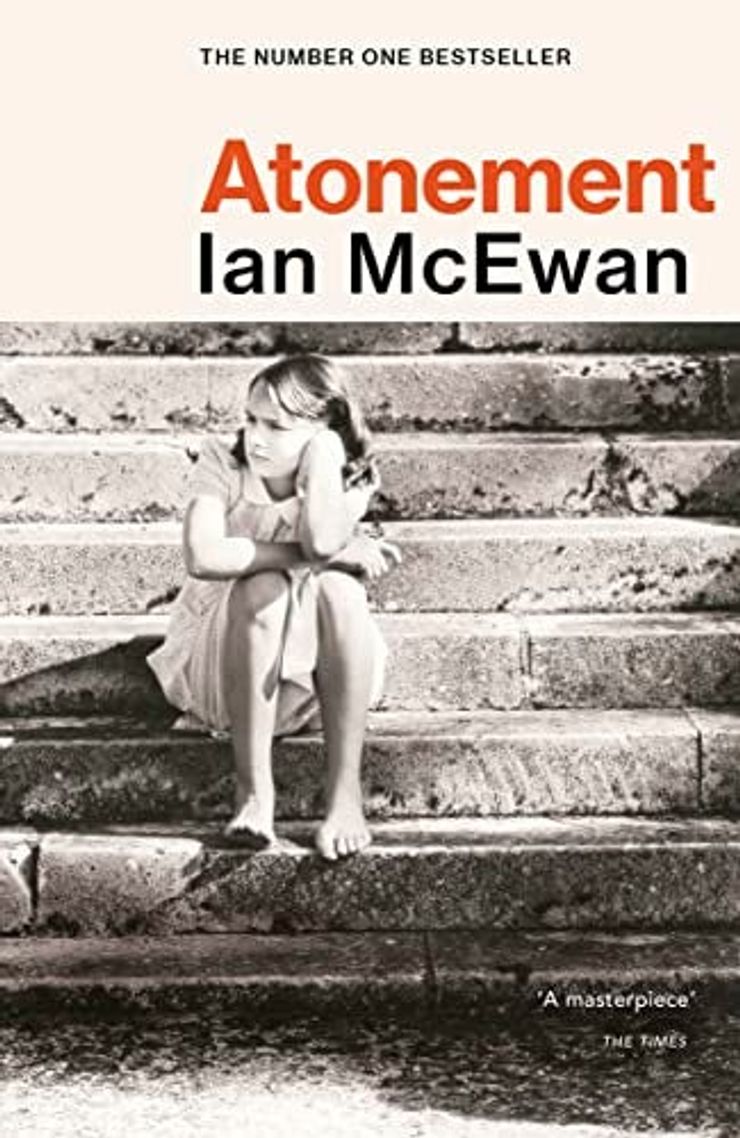
One of the Guardian's 100 best books of the 21st century, Atonement is a formidable modern classic. On the hottest day of the summer of 1935, thirteen-year-old Briony Tallis sees her sister Cecilia strip off her clothes and plunge into the fountain in the garden of their country house. Watching her too is Robbie Turner who, like Cecilia, has recently come down from Cambridge. By the end of that day, the lives of all three will have been changed for ever, as Briony commits a crime for which she will spend the rest of her life trying to atone.
Things Fall Apart
by Chinua Achebe
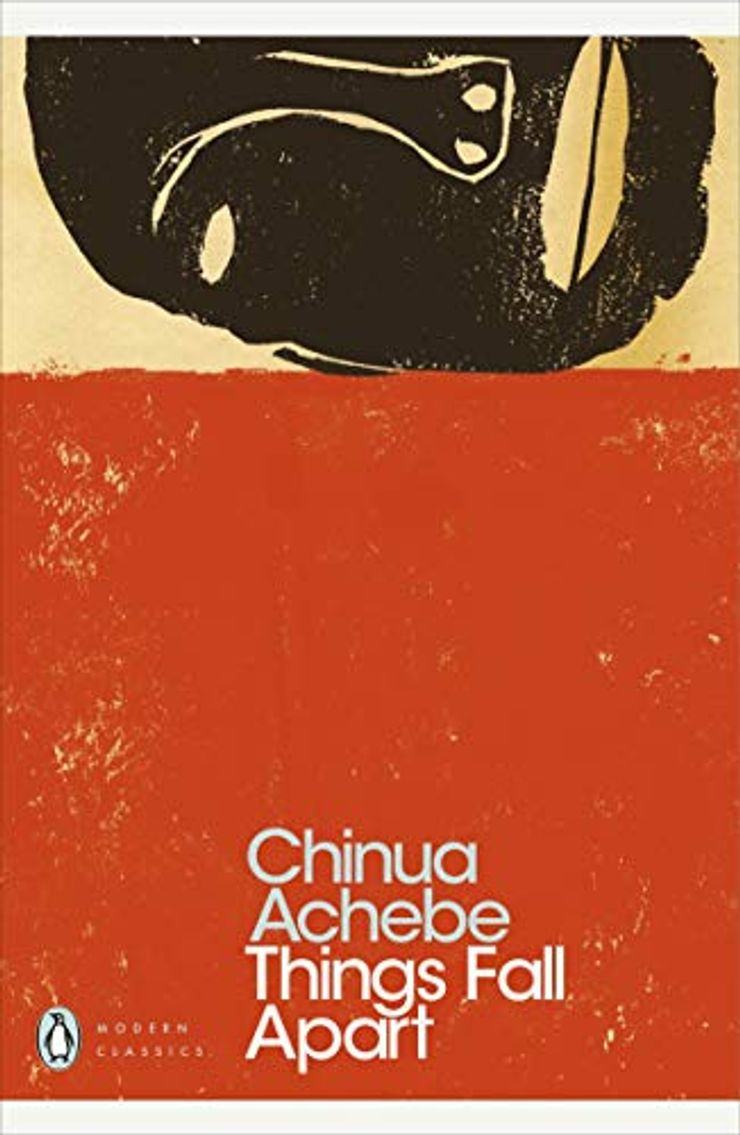
First published in 1958, Chinua Achebe's stark, coolly ironic novel reshaped both African and world literature. Okonkwo is the greatest wrestler and warrior alive, and his fame spreads throughout West Africa like a bush-fire in the harmattan. But when he accidentally kills a clansman, things begin to fall apart. Then Okonkwo returns from exile to find missionaries and colonial governors have arrived in the village. With his world thrown radically off-balance he can only hurtle towards tragedy.
One Hundred Years of Solitude
by Gabriel Garcia Marquez
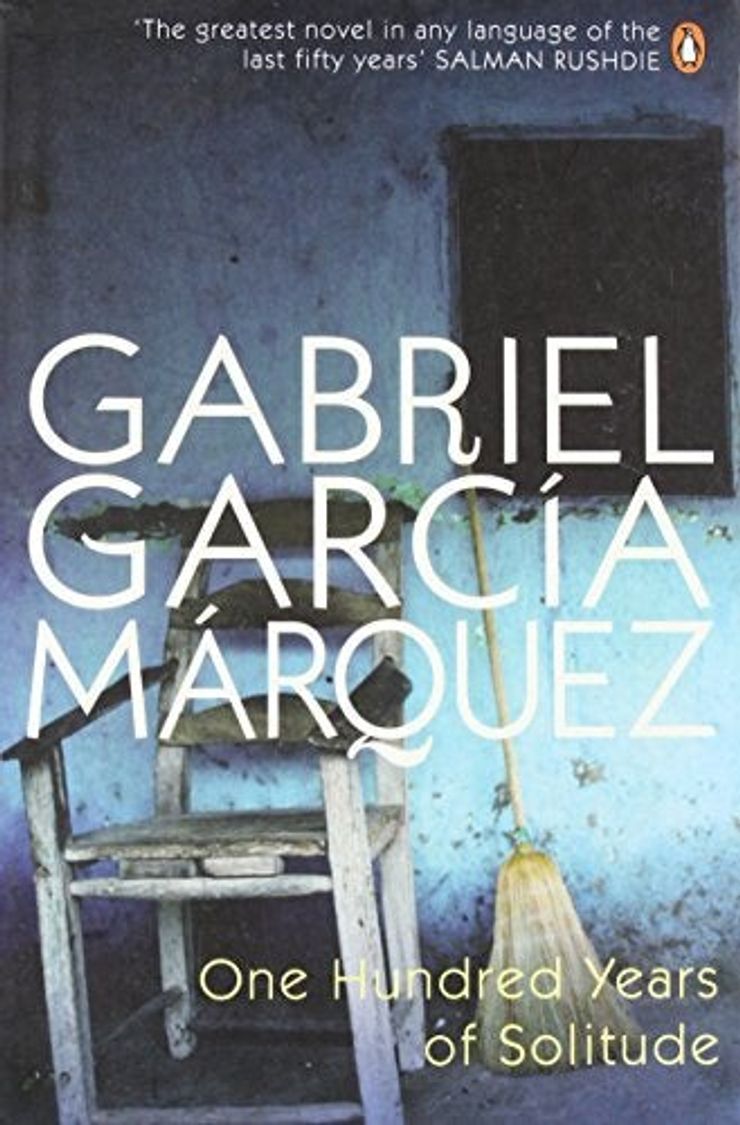
Originally written in Spanish, One Hundred Years of Solitude weaves a mesmerizing tapestry of magical realism and generational storytelling. The novel is set in the fictional town of Macondo, where the Buendía family's triumphs and tribulations unfold across generations. As the Buendía family navigates love, war, and the passage of time, Márquez delves into the intricate web of human connections. With its vivid imagery and lyrical storytelling, One Hundred Years of Solitude is a timeless exploration of love, loss, and the inexorable march of time.
War and Peace
by Leo Tolstoy
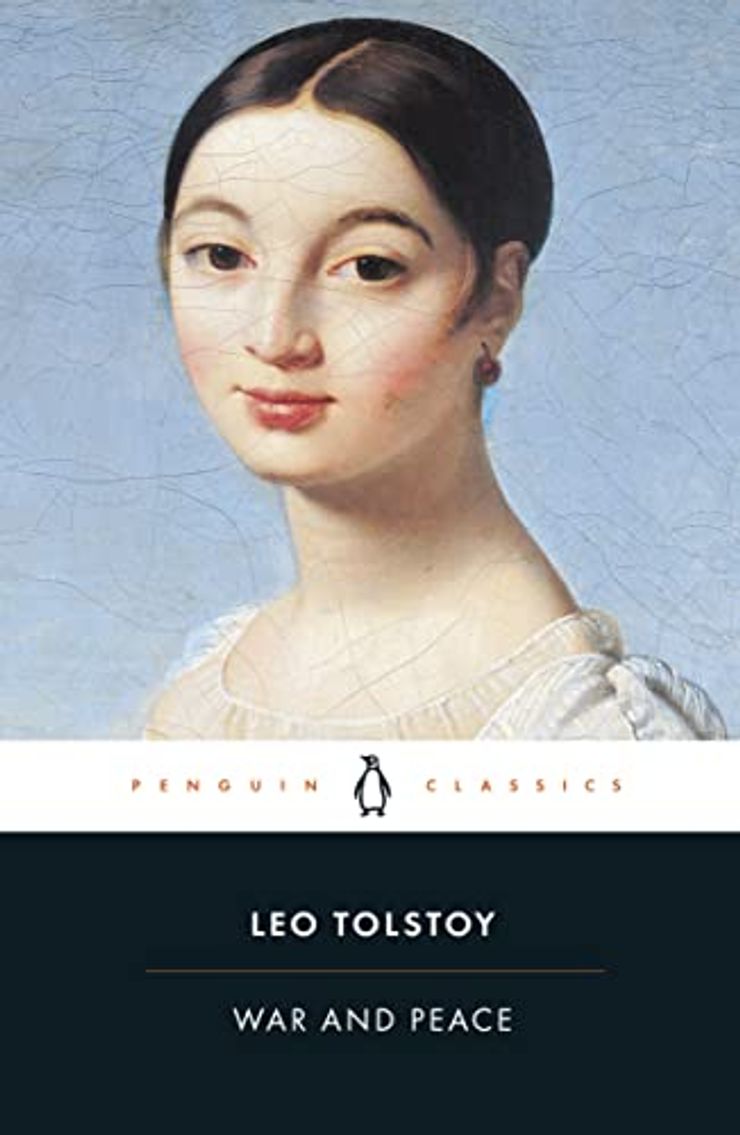
War and Peace traverses the tumultuous landscape of early 19th-century Russia, interweaving the lives of a diverse cast against the backdrop of the Napoleonic Wars. The novel follows aristocratic families as they grapple with love, ambition, and existential questions during a time of immense societal upheaval. Pierre Bezukhov's quest for meaning, Prince Andrei Bolkonsky's search for purpose, and Natasha Rostova's journey of self-discovery are among the narrative threads that converge. The novel's canvas spans grand ballrooms, bloody battlefields, and intimate chambers, deftly blending historical events with profound philosophical musings.
Pachinko
by Min Jin Lee
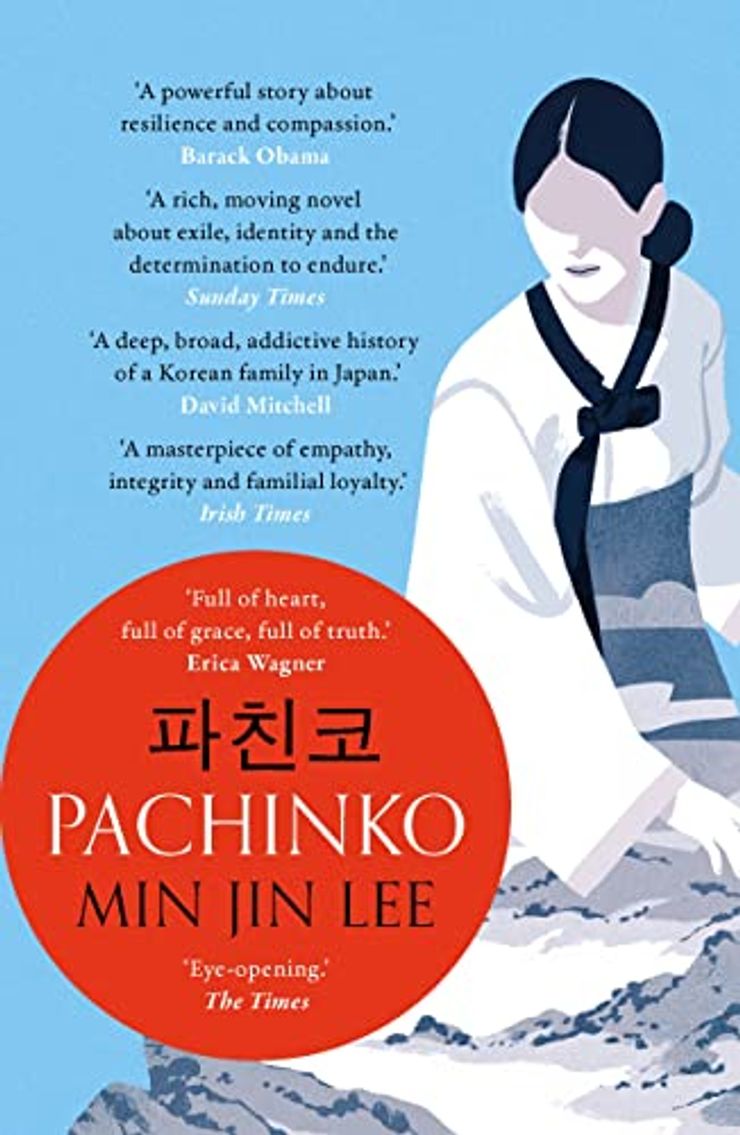
Pachinko is a captivating multigenerational saga set against the backdrop of 20th-century Korea and Japan. The novel centers on Sunja, who, after becoming pregnant by a wealthy man, becomes determined to forge her own path. The story delves into the lives of Sunja's descendants as they grapple with discrimination, ambition, and the complex ties that bind a family together. Pachinko is a deeply moving journey through generations, inviting readers to witness the enduring power of love, the pursuit of belonging, and the indomitable human spirit that thrives even in the face of adversity.
Wolf Hall
by Hilary Mantel
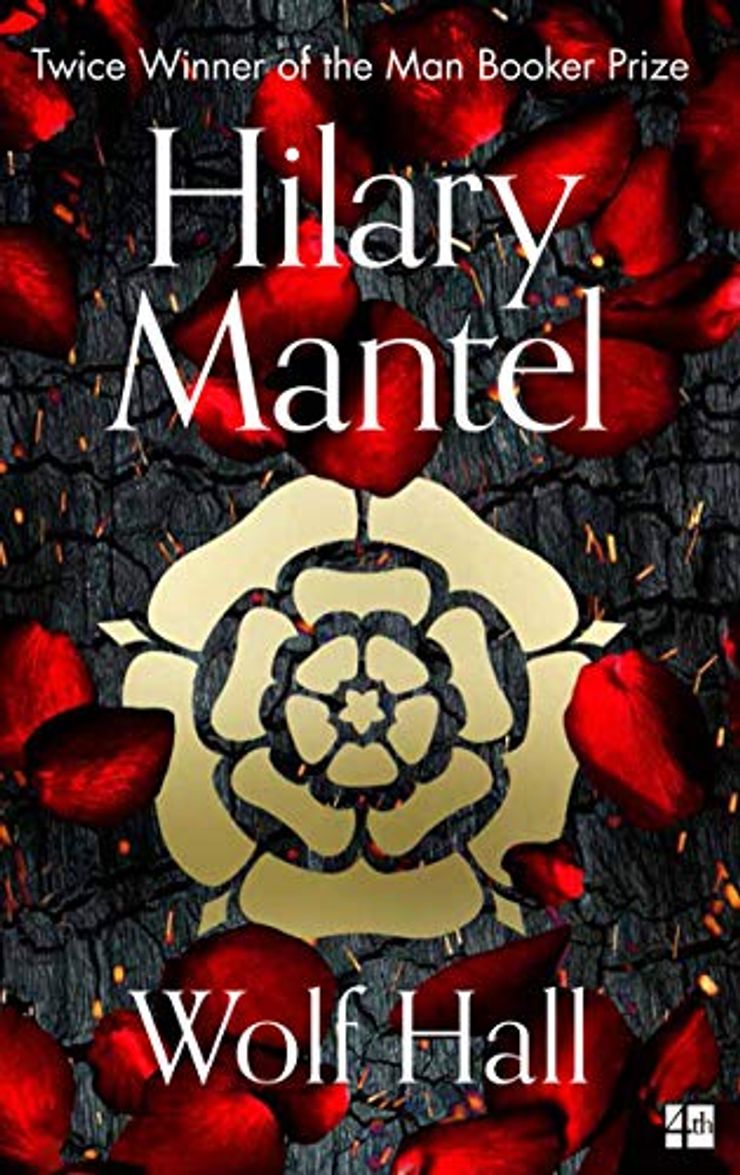
Set in 16th century England, Wolf Hall follows the rise of Thomas Cromwell, a shrewd and capable commoner, in the court of King Henry VIII. As Henry VIII seeks to annul his marriage to Catherine of Aragon and marry Anne Boleyn, Cromwell becomes instrumental in navigating the complex political and religious landscape of the time. The book delves into the intricate power struggles, religious conflicts, and personal ambitions of the characters and provides a fresh perspective on the events leading to the English Reformation and the establishment of the Church of England. A Booker-prize-winning novel, this is an essential read for all fans of historical fiction.
For even more historical fiction recommendations, don't miss this episode of Book Break:
Delve into our top picks of unforgettable long reads that you won't be able to put down.





